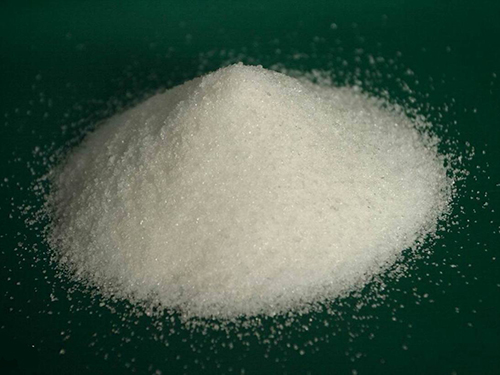Effective Flocculation Chemicals for Enhanced Water Treatment and Purification Processes
The Role of Flocculation Chemicals in Water Treatment
Flocculation is a crucial process in water treatment that involves the aggregation of fine particles into a floc or clump, which can then be more easily removed from water through sedimentation or filtration. This process plays a fundamental role in ensuring that water meets the necessary standards for safety and cleanliness. Flocculation chemicals, also known as flocculants, are integral to this procedure, facilitating the efficient removal of pollutants and suspended solids from water.
Understanding Flocculation
At its core, flocculation relies on the principles of chemistry and physics. When fine particles are suspended in water, they tend to remain separate due to repulsive forces between their surfaces. Flocculation chemicals work by neutralizing these charges, allowing particles to come together and form flocs. This process can improve the quality of drinking water, wastewater, and even industrial process water.
Flocculation typically follows coagulation, where coagulants like aluminum sulfate or ferric chloride are initially added to destabilize suspended particles. Once coagulation has occurred, flocculation aids in the aggregation of these destabilized particles into larger masses, enabling them to settle out of the water more effectively. This dual-step process is vital for efficient water treatment.
Types of Flocculation Chemicals
Flocculants can be broadly classified into three categories organic, inorganic, and hybrid flocculants. Each type has its distinct properties and applications.
1. Organic Flocculants These are typically synthetic polymers, such as polyacrylamide-based compounds. They are widely used because of their efficiency and versatility. Organic flocculants can enhance settling rates significantly and are suitable for various applications, including municipal wastewater treatment and industrial processes.
2. Inorganic Flocculants Traditional inorganic coagulants like alum and ferric chloride also play a role in flocculation. They are less effective than their organic counterparts but can be cost-effective for specific applications. Inorganic flocculants tend to provide good performance in removing turbidity and are often used in drinking water treatment.
3. Hybrid Flocculants These are combinations of organic and inorganic components designed to optimize performance. They aim to take advantage of the strengths of both types, offering improved efficiency and reduced dosage requirements. Hybrid flocculants are gaining popularity in scenarios that demand high performance without significant chemical inputs.
Benefits of Using Flocculation Chemicals
flocculation chemicals

The use of flocculation chemicals offers numerous advantages in water treatment processes
- Improved Water Quality Flocculants effectively remove suspended solids, color, and organic matter from water, ensuring compliance with water quality standards
.- Cost-Effectiveness By enhancing the efficiency of the treatment process, flocculation can lead to lower operational costs. Reduced flocculant dosage and decreased equipment wear can save resources over time.
- Reduction of Chemical Waste By optimizing the flocculation process, the amount of residual sludge produced is minimized, which can be a significant environmental benefit.
- Enhanced Treatment Speed Flocculation chemicals allow for quicker sedimentation, facilitating faster treatment cycles and enabling plants to handle fluctuating water quality.
Challenges in Flocculation
While flocculation is highly effective, there are challenges associated with its application. The selection of the appropriate flocculant is critical, as the wrong choice can lead to poor performance and increased costs. Additionally, environmental considerations must be addressed, especially concerning the disposal of sludge produced during the treatment process.
Operators must also be aware of potential issues, such as the formation of oversized flocs that can be difficult to remove or under-aggregated particles that lead to turbid effluent. Continual monitoring and adjustment of chemical dosages based on real-time water quality data are essential for optimizing performance.
Conclusion
In conclusion, flocculation chemicals are vital components in modern water treatment processes, enhancing the ability to produce clean and safe water for consumption and use. As water quality regulations become increasingly stringent, the importance of effective flocculation will only grow. With ongoing advancements in chemical formulations and treatment technologies, the future of water treatment looks promising, ensuring that our most precious resource remains available for generations to come.
-
Pbtc Scale InhibitorPBTC: A Scale Protector for Industrial Water TreatmentNewsAug.05,2025
-
Organic Phosphonate: An Efficient Defender in the Field of Scale InhibitionNewsAug.05,2025
-
Hydrolyzed Polymaleic Anhydride: Green Pioneer in Scale Inhibition FieldNewsAug.05,2025
-
PAPEMP Polyamino Polyether Methylene Phosphonic Acid For SaleNewsAug.05,2025
-
Flocculant Water Treatment: A Pioneer in Purification in the Field of Water TreatmentNewsAug.05,2025
-
Benzyl Isothiazolinone: An Efficient and Broad-Spectrum Antibacterial Protective GuardNewsAug.05,2025





